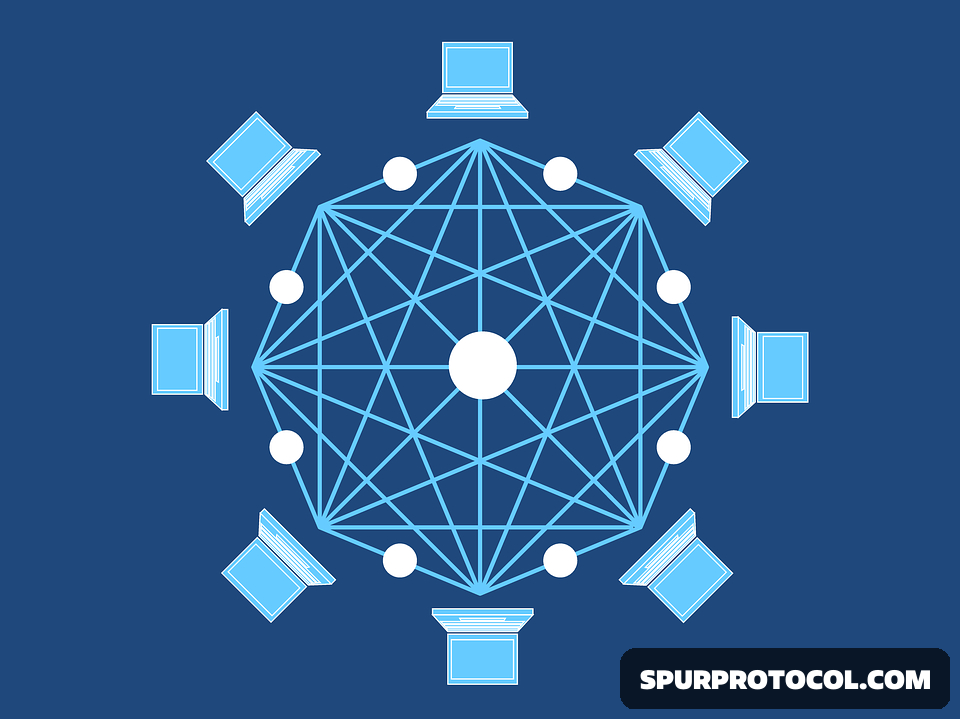How Blockchain Could Shape A Decentralized Global Economy
Blockchain technology has the potential to redefine how the global economy operates by fostering decentralization, transparency, and efficiency. This revolutionary technology is already disrupting traditional systems and paving the way for a more equitable and inclusive economic future.
Go Back

🕒 7:28 PM
📅 Jan 17, 2025
✍️ By SpurProtocol
1. Eliminating Intermediaries
In traditional financial systems, intermediaries like banks and payment processors are essential for facilitating transactions. Blockchain allows direct peer-to-peer transactions, reducing the need for middlemen. This not only speeds up transactions but also lowers costs significantly.
2. Promoting Financial Inclusion
Currently, over 1.7 billion people lack access to traditional banking systems. Blockchain-based platforms like Worldcoin offer an alternative by enabling individuals to store and transfer value using just an internet connection. This opens up opportunities for the unbanked population to participate in the global economy.
3. Enhancing Supply Chain Transparency
Blockchain can revolutionize supply chains by providing an immutable record of product origins and movement. Companies like IBM are using blockchain to ensure transparency and authenticity, reducing fraud and enhancing efficiency.
4. Redefining Governance and Voting
Blockchain can power decentralized voting systems, ensuring tamper-proof elections. Governments can use blockchain to increase transparency and accountability in public funds management.
5. Enabling Decentralized Finance (DeFi)
DeFi platforms allow users to lend, borrow, and trade assets without intermediaries. This democratizes finance and reduces reliance on centralized institutions. Examples include platforms like Aave and Uniswap.
6. Creating Smart Contracts
Smart contracts are self-executing agreements that run on blockchain. They ensure transactions occur only when predefined conditions are met, reducing the need for legal intermediaries.
Challenges to Overcome
Despite its potential, blockchain faces hurdles like scalability, high energy consumption, and regulatory uncertainty. Addressing these challenges is critical to achieving a truly decentralized global economy.
In Short
Blockchain technology holds immense promise for reshaping the global economy. By eliminating intermediaries, promoting financial inclusion, and ensuring transparency, it can create a more equitable and efficient economic system. As adoption grows, we inch closer to realizing a truly decentralized global economy.
